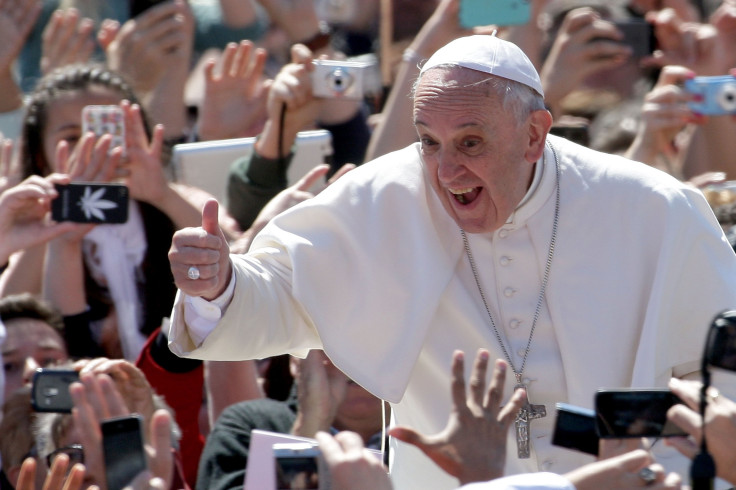When Is Easter Sunday 2016? Date, History Of Why The Christian Holiday Changes Days Every Year

Adherents to Western Christianity throughout the world will partake in services, celebrations and traditions on Easter Sunday, which falls one week earlier than in 2015. The Christian schedule functions on a lunar calendar, causing the date of Easter to fluctuate each year, and it can fall as early as March 22 or as late as April 25.
Easter is the celebration of Jesus of Nazareth's resurrection and serves as the culmination of Holy Week. Jesus was crucified on Good Friday and rose from the dead three days later on Easter Sunday, according to the New Testament of the Bible.
The date of Easter was disputed for many years and celebrated on different days throughout various countries until the Council of Nicaea in 325 A.D. The Council decided that the day would be observed on the Sunday following the first full moon after the spring equinox, with the symbolic significance that Easter would be celebrated on a day with the most hours of light, the BBC reported.
How Easter could fall on the same date every year https://t.co/4GWKKVVwli pic.twitter.com/NRfaiQIWTZ
— The Independent (@Independent) March 21, 2016
Members of Eastern Christianity celebrate Easter days or even weeks later because they follow the calendar of Julius Caesar, often referred to as the Julian calendar (Western Christianity uses the Gregorian calendar). Skeptics who note the differences between the historical figure of Jesus and his representation in the Bible point to the shifting dates as evidence for discrepancies between the two depictions and factual inaccuracies in the holy texts.
"'Easter' is a movable event, calculated by the relative positions of sun and moon, an impossible way of fixing year by year the anniversary of a historical event, but a very natural and indeed inevitable way of calculating a solar festival,” 19th century activist and writer Annie Besant once said, adding, “These changing dates do not point to the history of a man, but to the hero of a solar myth."
© Copyright IBTimes 2025. All rights reserved.





















